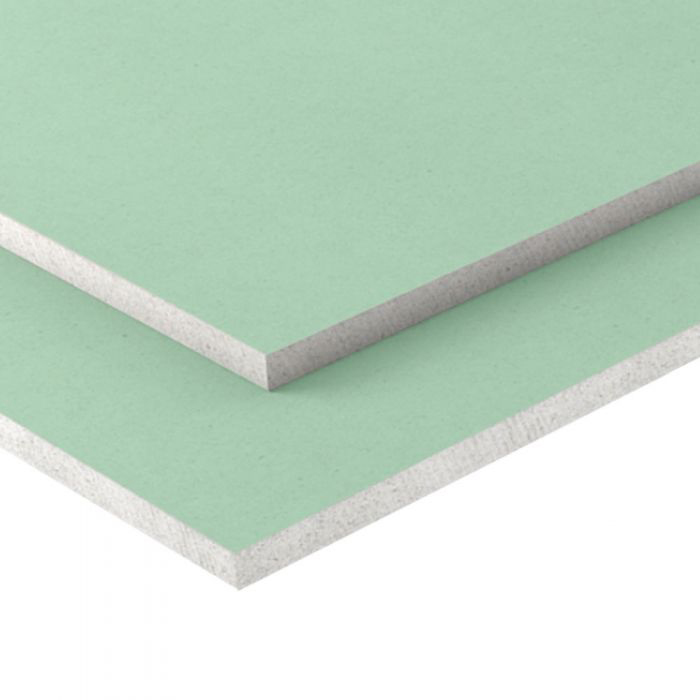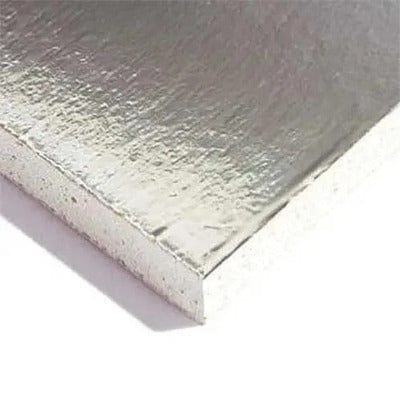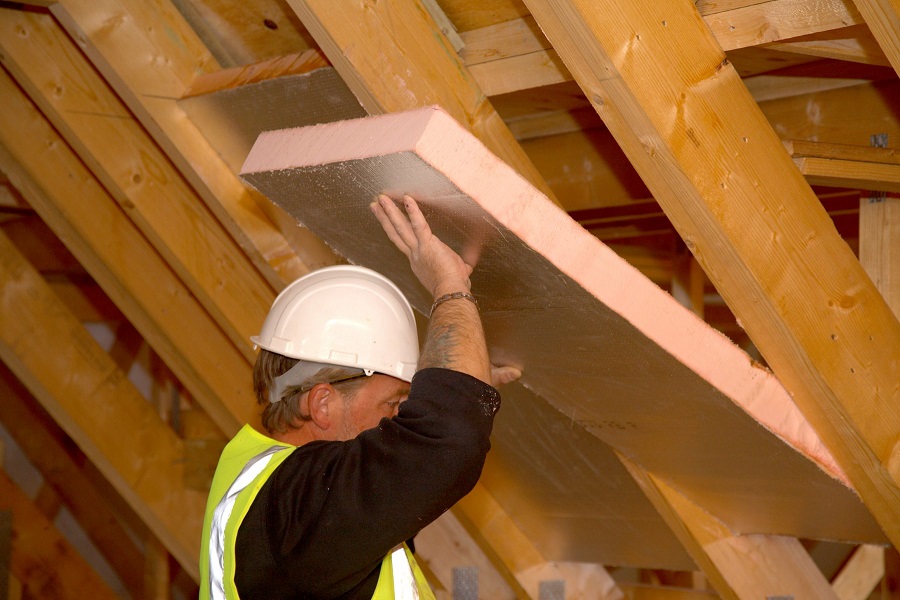C16 & C24 SAWN AND TREATED TIMBER: AN IN-DEPTH LOOK

Dive into the world of C16 & C24 sawn & treated timber, a resilient softwood used in construction. Learn more about it's strength, versatility & where it's best applied.
C16/24 sawn and treated timber is a type of softwood timber that has been kiln-dried and treated with a preservative to protect it from decay and insect attack. It is commonly used in construction applications where the timber will be exposed to the elements, such as rafters, joists, fencing, and garden buildings.
The "C" in the name refers to the type of timber, which is a conifer (softwood). The "16" or "24" refers to the strength class of the timber. C16 timber has a minimum bending strength of 16 N/mm², while C24 timber has a minimum bending strength of 24 N/mm². The higher the strength class, the stronger the timber. The grades are determined by the amount of defects in the timber, with the higher grades having fewer defects.
C16/24 sawn and treated timber is available in a variety of sizes and grades. The most commonly used sizes are 47x50mm, 47x100mm, 47x150mm & 47x200mm. These are also referred to as the old imperial measurements (in inches) - 2x2, 2x4, 2x6, and 2x8. It is worth noting however that the sizes quoted are nominal and will actually finish smaller. For example, the 47x100mm C16/C24 treated timber will finish around 44 x 95mm.
What type of treatment is used to treat timber?
The preservative used to treat C16/24 sawn and treated timber is typically Tanalith E. Tanalith E is a water-borne preservative that is effective against a wide range of decay fungi and insects. It is also relatively non-toxic to humans and animals.
C16/24 sawn and treated timber is a versatile and durable material that can be used in a variety of construction applications. It is important to choose the right strength class and grade of timber for the specific application.
Here are some of the benefits of using C16/24 graded treated timber:
• It is strong and durable.
• It is resistant to decay and insect attack.
• It is available in a variety of sizes.
• It is relatively affordable when compared with hardwood alternatives.
• It is easy to work with.
Here are some of the drawbacks of using C16/24 sawn and treated timber:
• It can be heavy depending on the section size used.
• It can be difficult to find untreated C16 timber.
• The preservative treatment can make the timber slightly less attractive.
Overall, C16/24 sawn and treated timber is a good choice for a variety of construction applications where the timber will be exposed to the elements. It is strong, durable, and resistant to decay and insect attack. It is also relatively affordable and easy to work with.
Here are some specific examples of where C16/24 sawn and treated timber is commonly used:
• Rafters and joists in roofs and floors.
• Studs and framing in walls.
• Fence posts and rails.
• Garden buildings such as sheds, greenhouses, and playhouses.
• Base for decking
• Landscaping timber such as sleepers and edging.
When choosing C16/24 sawn and treated timber, it is important to consider the following factors:
• The strength class of the timber.
• The grade of the timber.
• The size and length of the timber.
• The desired appearance of the timber.
• The intended use of the timber.
It is also important to purchase C16/24 sawn and treated timber from a reputable supplier. Here at Buildershop UK we pride ourselves in offering a first class service and always make sure all timbers we supply are responsibly source. For a full list of the sizes and lengths available, please see our C16/C24 Kiln Dried Graded Timber.
If you have any queries regarding the available stocks in your area, please contact us via email or call 01274 602367 where we'll be happy to assist with your enquiry.
We can also help with any requirements for Plywood Sheets, Chipboard Flooring and any other Timber and Joinery related products.










